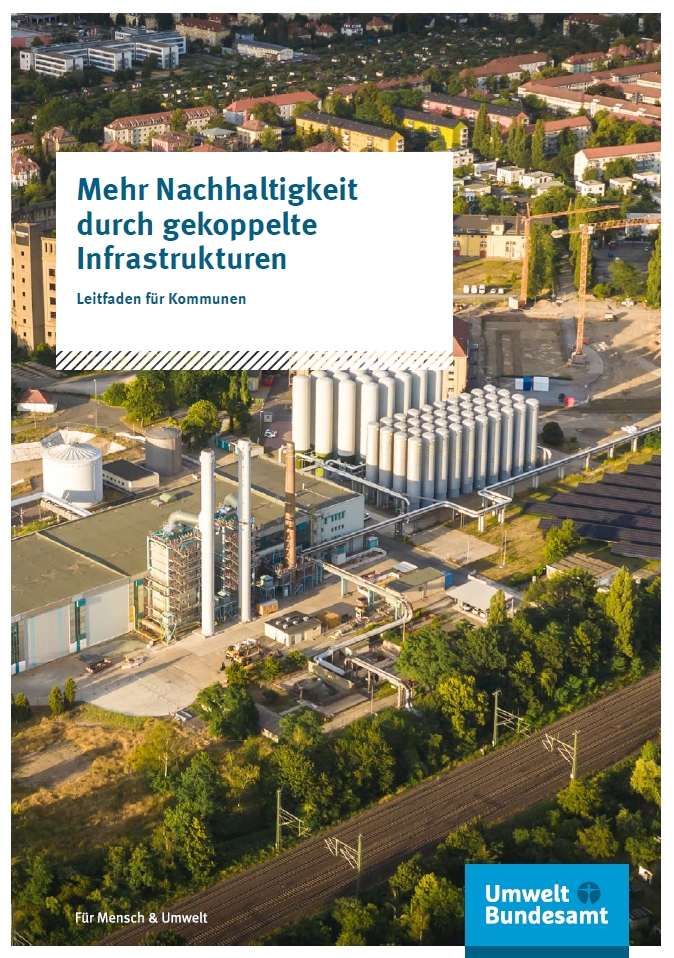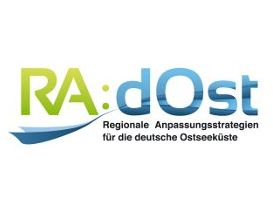The TRAFIS project investigates the development of climate resilient and resource-conserving infrastructures through the lens of transition and action research. The project focuses primarily on interlinked infrastructures.
Infrastructure and infrastructure systems provide basic, fundamental services for a society and serve as an indicator of societal technological progress. Physical infrastructure, e.g., water and energy systems as well as transport networks, impact environmental quality because they are inter alia resource intensive, use up space and are a source of emissions. However, infrastructure affects the environment in ways beyond its physical functions. It can also impact a society's understanding of how certain services are (should be) provided and leads to collective behavioral patterns. Therefore, the "great transformation" to a sustainable society can only be achieved if a simultaneous transformation occurs towards more sustainable infrastructure.
Despite this realization, infrastructure planning normally takes place as part of classical urban planning, which has limited knowledge of sustainable transformation in infrastructure. The TRAFIS project aims to fill in this gap.
In the context of transformation research, infrastructure is perceived as part of a specific "regime." The regime is composed of a network of regulations, the infrastructure itself as well as actors and their actions. The numerous interconnections between the different components push the regime towards stabilization down a specific path of development. Thus, for a transformation to occur—mid- or long-term regime change—necessary innovations emerge not from within the regime but in niches. Through the lens of transformation research, the TRAFIS project considers niche development of interlinked infrastructures. These include, for example, linkages between resource, material and energy flows as well as information flows.
Characteristic of this type of research are the participatory and explorative aspects of transformation processes. Infrastructure design poses unique challenges for transformation processes; for one, the responsibility for infrastructure development normally falls on level of the regime and consequently the existing structural and institutional systems restrict room for experimentation. Once built, the pre-existing infrastructure systems bring with them lock-in effects and lead to path dependency. The TRAFIS project confronts these challenges in the following project structure:
- Work Package 1 deals with the systematic and terminological basis of the research. Here central concepts are defined, such as "interlinked infrastructure." Further, the first stage of the project develops and tests guiding principles for determining sustainable infrastructure.
- Work Package 2 identifies positive and negative examples of interlinked infrastructure and analyzes these cases in terms of degrees of success towards a sustainable transformation.
- In Work Package 3 in depth case studies of the chosen interlinked infrastructures will be conducted with the help of action research. The studies will focus on communal and regional cases that have the potential to provide insights into the transformation process and the factors required for successful redesign of infrastructures.
- Work Package 4 draws from the findings of the previous three Work Packages to deliver a synthesis of results in various forms: a method paper for practical research, a policy paper for national policy-making and a module for capacity-building that is actor-oriented.
Ecologic Institute leads the work on Work Package 3 and—in cooperation with the project partners—is responsible for implementing and assessing the action research and for providing general guidance for the case studies.
The TRAFIS project is funded by the German Environment Agency (project code number 3715 48 1020).





